The point of ice in your cocktail is to make it cold, right? Yes and no.
Obviously, ice does lower the temperature of your cocktail, but it also does other things: enhances certain flavors while masking others (handy if you're drinking less than stellar booze or wine).

As Simon Rich points out, "If a gin or vodka travels to Iceland for its pure water source and you throw a seven-month-old burnt cloudy ice cube that was stuck to a packet of frozen peas in your drink, you just negated the trouble they went through."
In other words, once that ice cube melts and dilutes your drink, those flavors it soaked up in your freezer are going to leach into your drink.

However, most of us don't have a full-service bar at home (it might be kind of worrisome if we did) and limited budgets, so we'll focus on what you can do at home to make sure your whiskey and sodas, martinis, Manhattans, and sidecars are the best they can be.
Let the bartenders and mixologists fuss about hand-carved and specially ordered ice. Let's work with what we have.
Ice Holds Flavor!
As mentioned above, ice can retain flavor. The older it is, the more likely it is to get freezer burn. So if you're chilling drinks with old and uncovered ice in your freezer, you might be negating all the work you went through to make a decent cocktail.

How to Make Good Ice at Home
You want to have fresh ice for drinks, and you want to store it in a plastic bag or container so it won't get exposed to all kinds of undue influence. If you're in doubt about the provenance of ice you currently have, do a sniff and taste test. Dropping it into an inch or two of still water and holding your nose over the cup can help you decide whether it's usable or not.

Turns out the internet is filled with delightful and dedicated cocktail nerds who have researched all kinds of ways to make cocktail-worthy ice at home, including the cooler method (kind of a pain in the ass, but the results are impressive). To be honest, only a couple of methods were winners in terms of ease of use and results for the average home cook/drinker.

Method #1
The first method requires an empty freezer, boiled water that's been cooled down (many suggest doing this twice) or filtered water, ice trays, plastic wrap, and freezer bags.
Pour the water into trays, cover with wrap to keep out odors and flavors. Once frozen, empty the trays into freezer bags, and seal and date the bags. The boiled or filtered water will make sure certain impurities stay out of your ice, although they won't necessarily create perfectly clear ice. However, it will taste better.

Method #2
The second method? Freezing water slowly at a high temperature. When water becomes ice at a slower rate, it "forces gases out, creates large crystals, and allows density changes to occur with minimal stress," as explained by Kevin Liu over at Science Fare.
So, in order to create a dense, nearly clear cube of ice at home, just set your ice trays in your fridge or freezer at just below freezing point (ideally around 30°F or -1°C). Liu has a mini-dorm fridge for just this purpose, but there's no reason you can't experiment with your regular-sized fridge and freezer to get similar results.

Keep Your Unused Ice Cool
When you use your ice, keep it in the freezer. Having it sit around in an ice bucket or chest means it has already started melting, ever so slowly, and it will dilute your drink quicker. Pull out cubes only as you need them.

Shape (& Size) Matters
The pros often obsess about how clear the ice is, mostly for aesthetic reasons (turns out the belief that clear ice equals pure water is bunk), but for the home bartender, the paramount rule you need to remember is this: you want ice cubes or spheres.

A 1" x 1" square cube is the industry standard. Anything too large will sit above the surface of your drink, which means the atmosphere around the ice will get chilled and not your booze (although it will still get diluted with water). And while many ice trays are silicone, mixologist Eben Freeman opts for plastic organizing trays purchased from his local Chinatown, saying that the flavor of silicone can leach into the ice.
Some things to keep in mind: Anything normally served in a lowball glass does better with cubed or spherical ice. Those that include a bubbly mixer, i.e. tonic water, should be made with square cubes because the shape preserves carbonation. Juleps and swizzles (or "booze slushies" as Food52 calls them) require crushed ice.
Shaken vs. Stirred: There Is a Difference
James Bond isn't the only one who cares whether his drinks are shaken or stirred. It turns out the method you use has a big difference on your drink. In general, shaken drinks are much colder than the stirred version (sometimes by as much as 10 degrees), but stirred drinks are higher proof. Over at Gizmodo, they measured shaken ice and alcohol and discovered that the process cut the spirit's proof by almost fifty percent.
Keep in mind that bartenders stir almost all drinks. Normally, only drinks that contain citrus juice, egg whites, cream, or half-and-half get shaken to thoroughly incorporate all the ingredients that might otherwise separate and create a beautiful, cloud-like froth.
Who Says Ice Has to Go Inside the Drink?
As always, we can count on the molecular gastronomy camp to take the quest to the next level. There are many recipes and tutorials out there for classic cocktails being served inside a hollow ice sphere, whether you like old-fashioneds or negronis. This does seem to negate the whole "shaken or stirred" question entirely.
Skip the Ice, Go for Rocks
Hardcore liquor enthusiasts who don't want to dilute their whiskey or scotch at all use something else: soapstone cut into cubes. You put these guys in the freezer for several minutes and then add them to your drink, and you can enjoy your liquor ice-cold and undiluted by that sissy substance, water.
I personally am made of gentler stuff, so I actually like my drink to be a little diluted. If I'm enjoying a really top-shelf spirit, I compromise by using three stones and one actual ice cube, thus getting the best of both worlds.
And if you don't want to mess around with any of this, freeze some grapes, put them in a glass of white wine, and call it a day.
Image credits:Cooler method via Alcademics, Ice cubes and teapot via Science Line, Minifridge contents via Science Fare, Cocktail shaker via Boozerank, Cocktail inside ice sphere via Molecular Recipes, Whiskey stones via The Campus Companion, Frozen grapes in wine via Table to Grave, Ice shapes via Tasting Table, On the rocks drink, peas in ice, burnt ice cubes, cat sniffing water, drinking ice, and whiskey splashing via Shutterstock















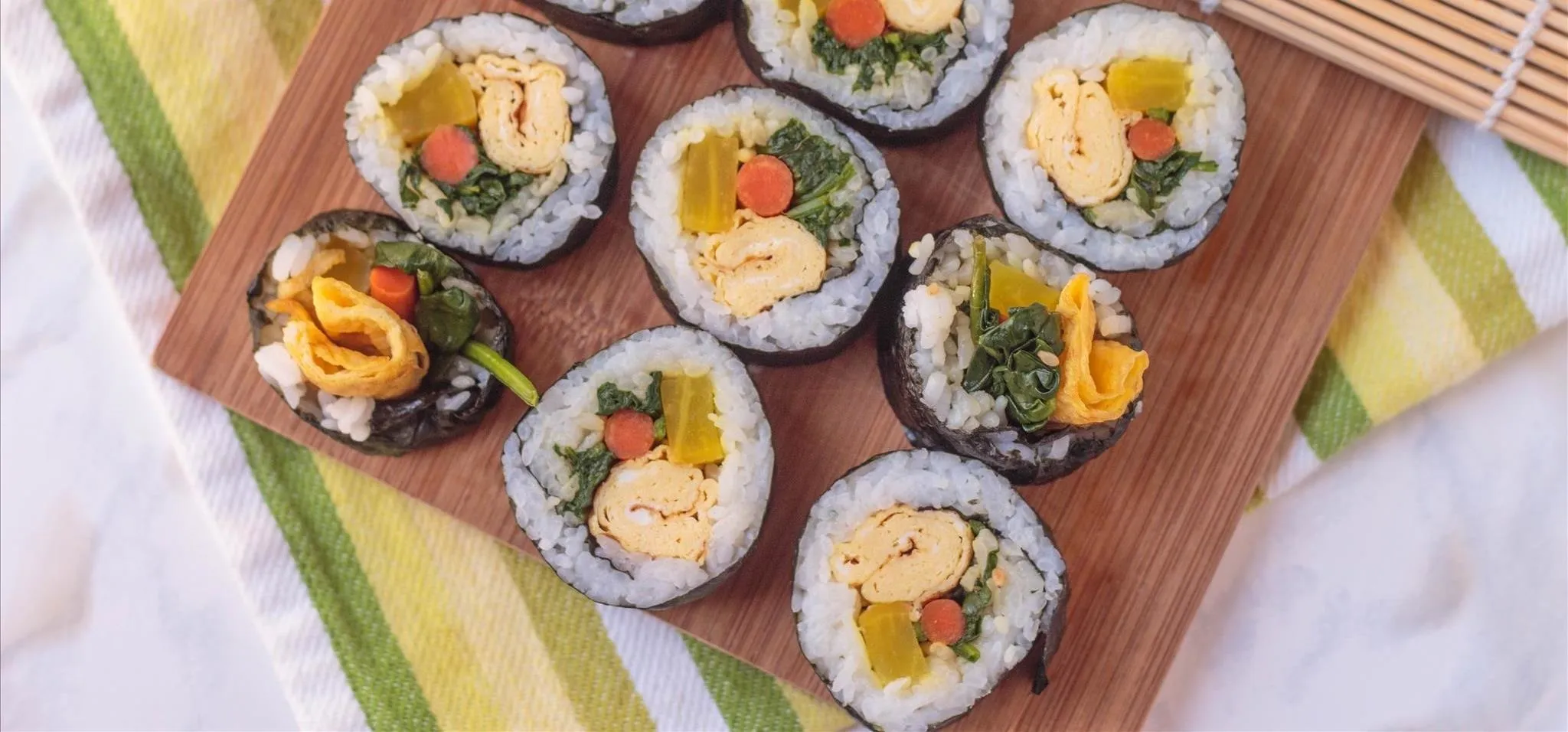
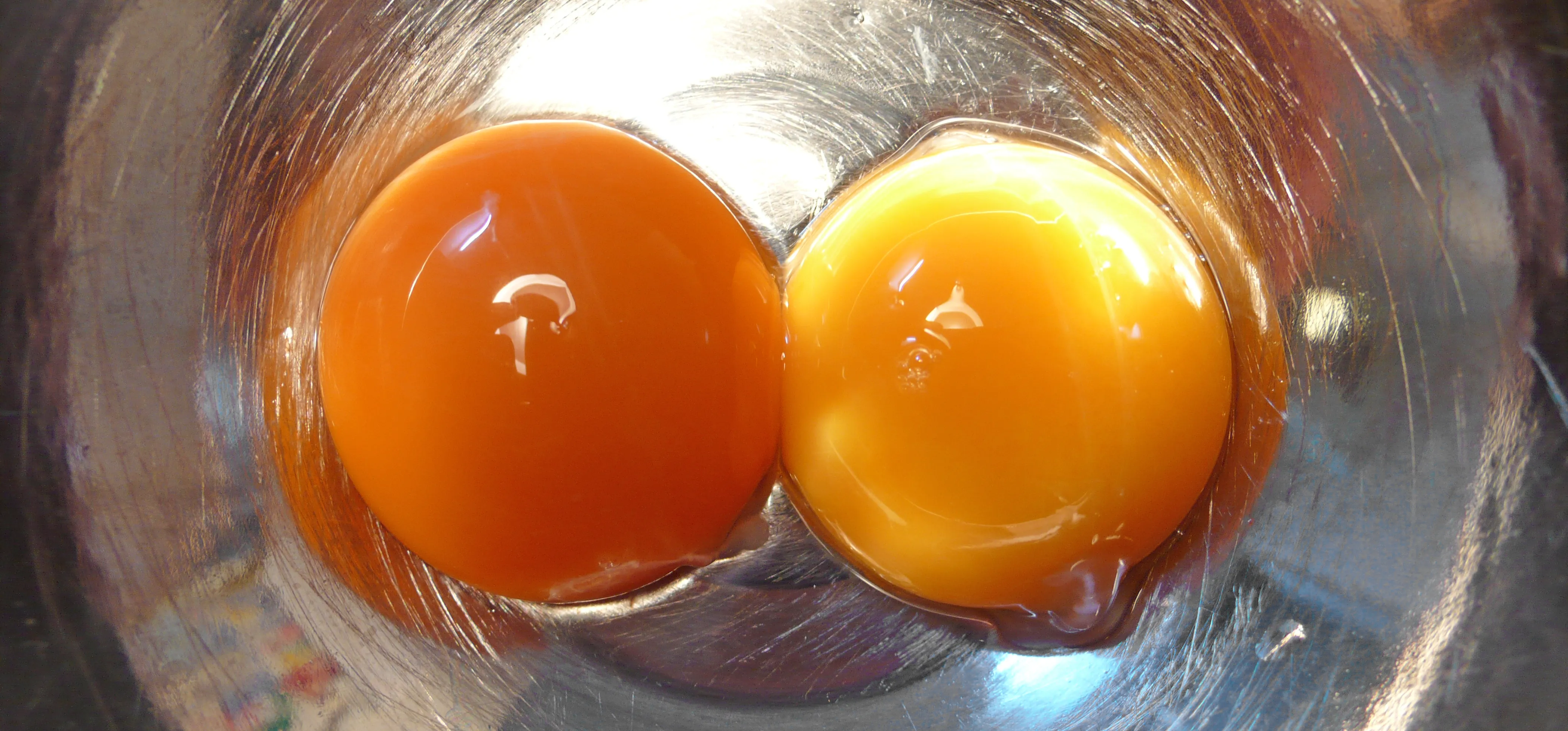
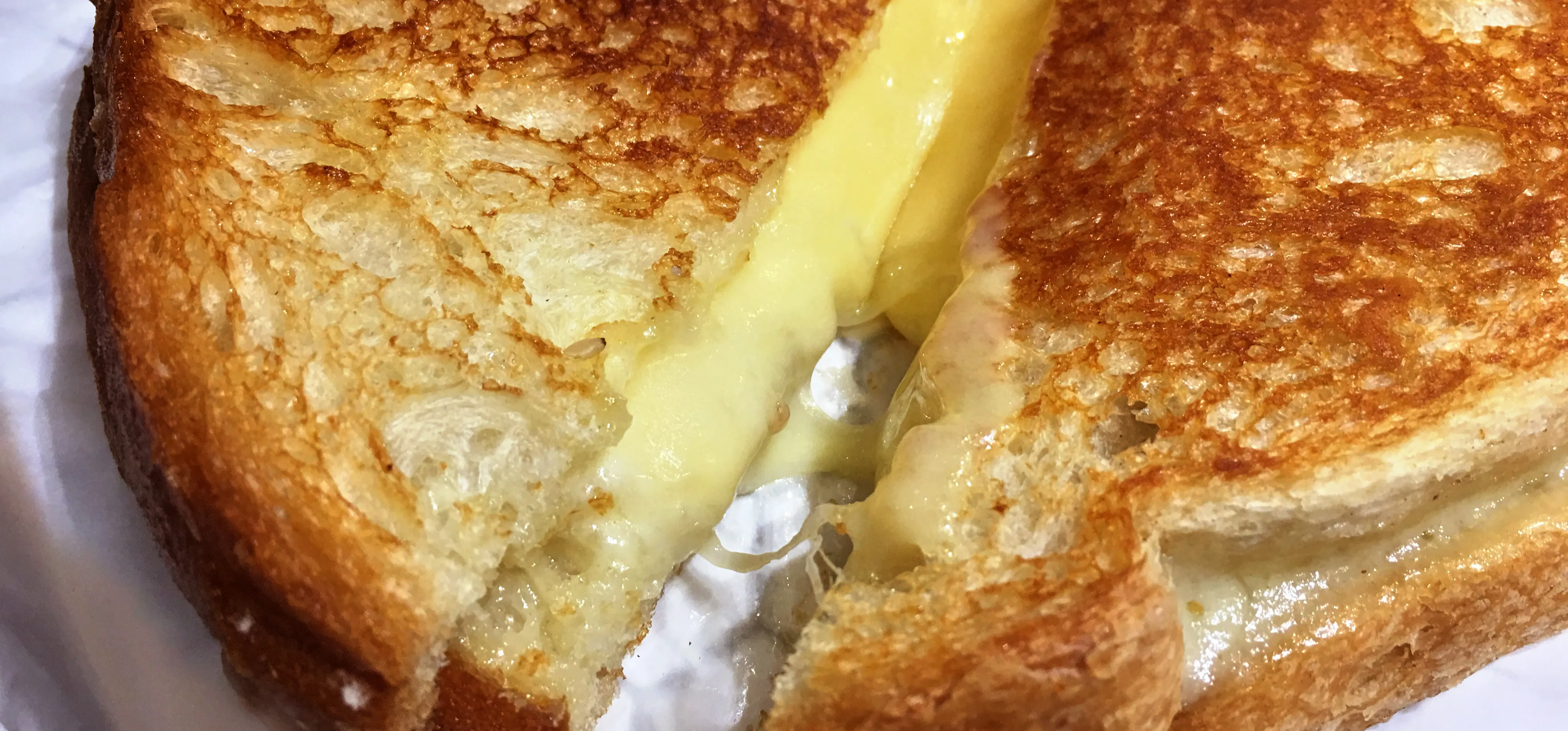
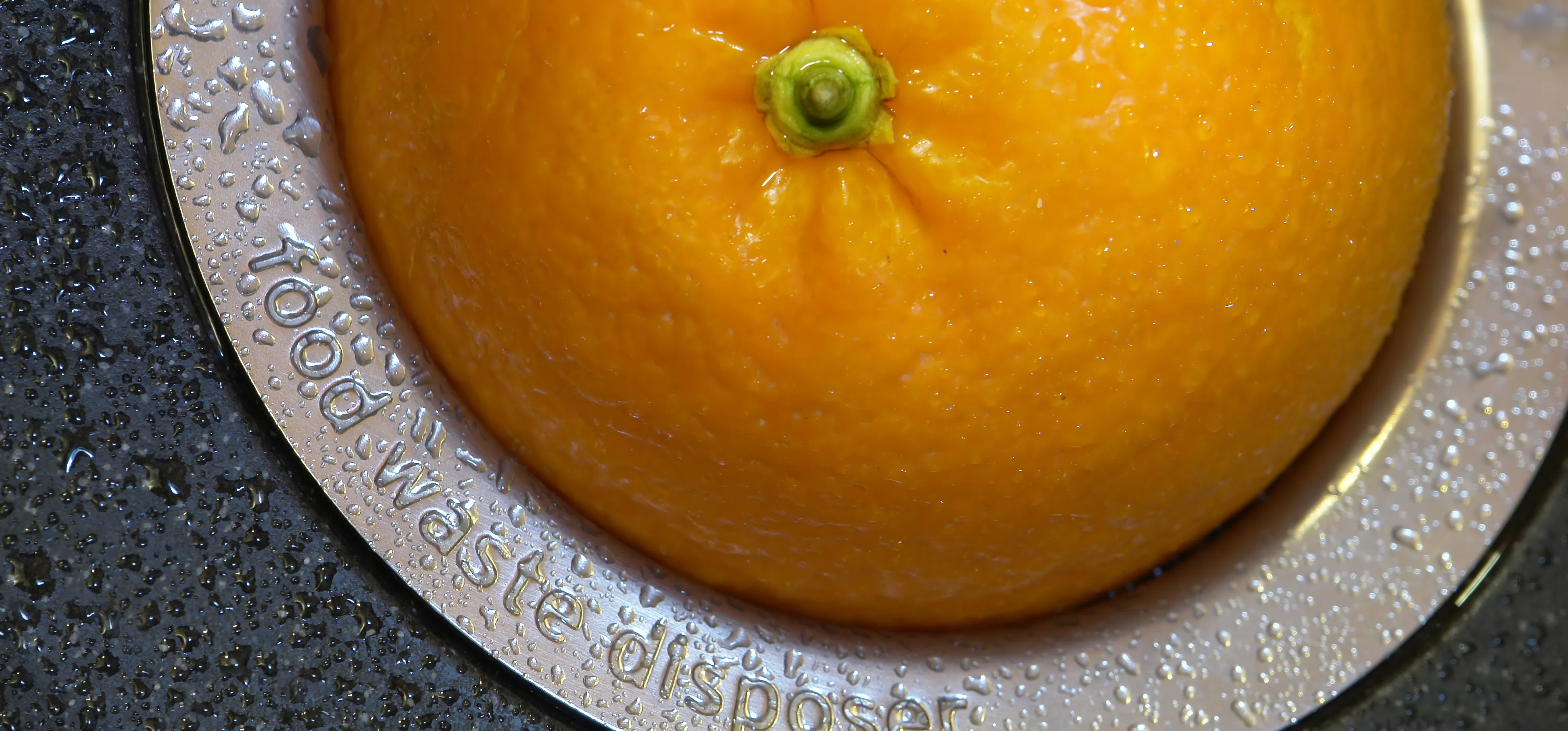
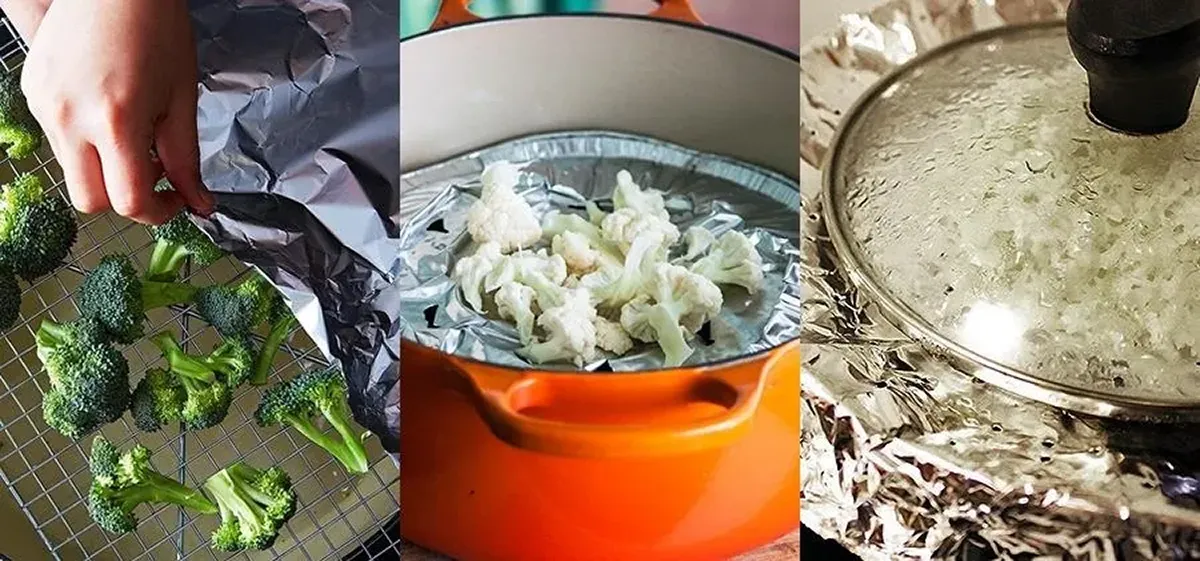
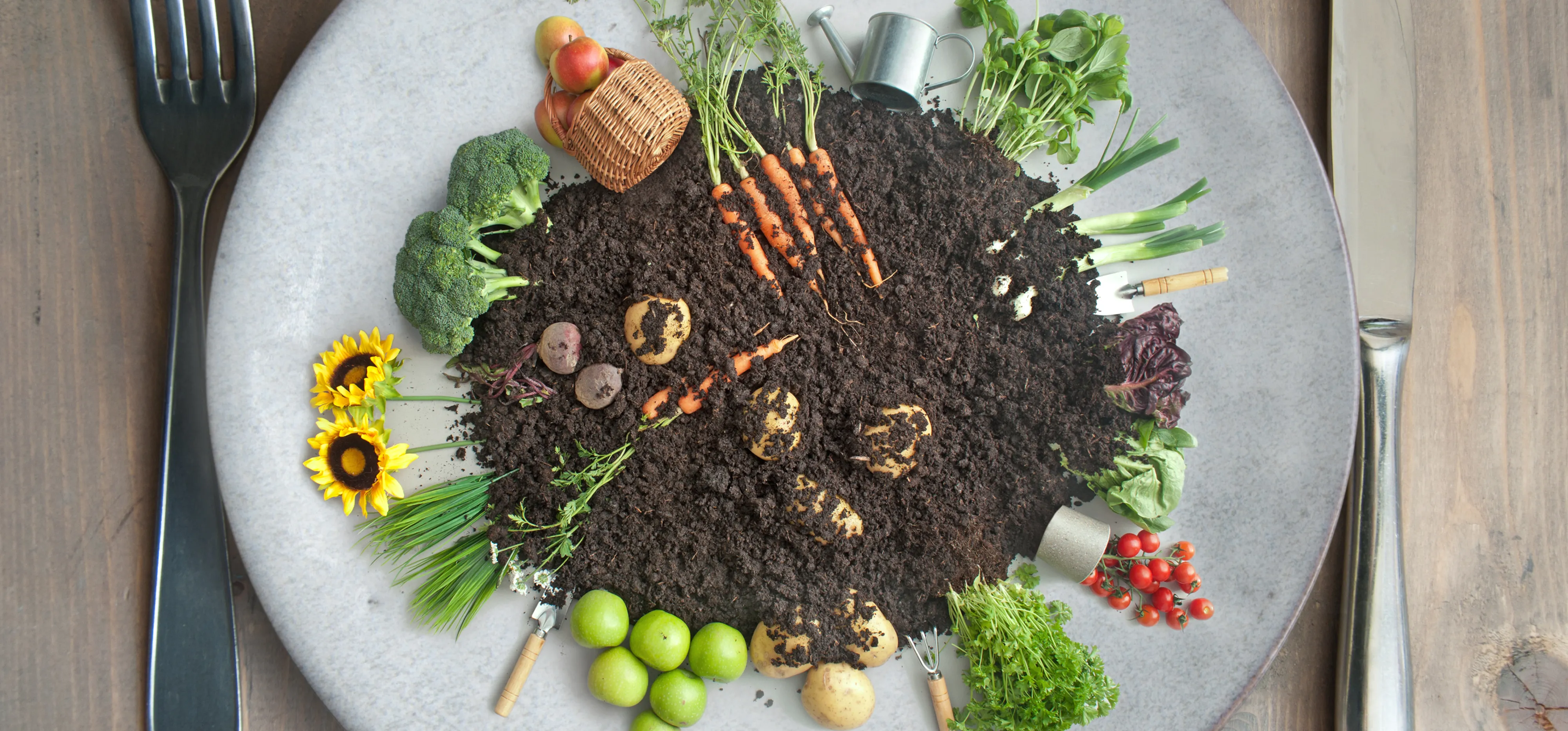
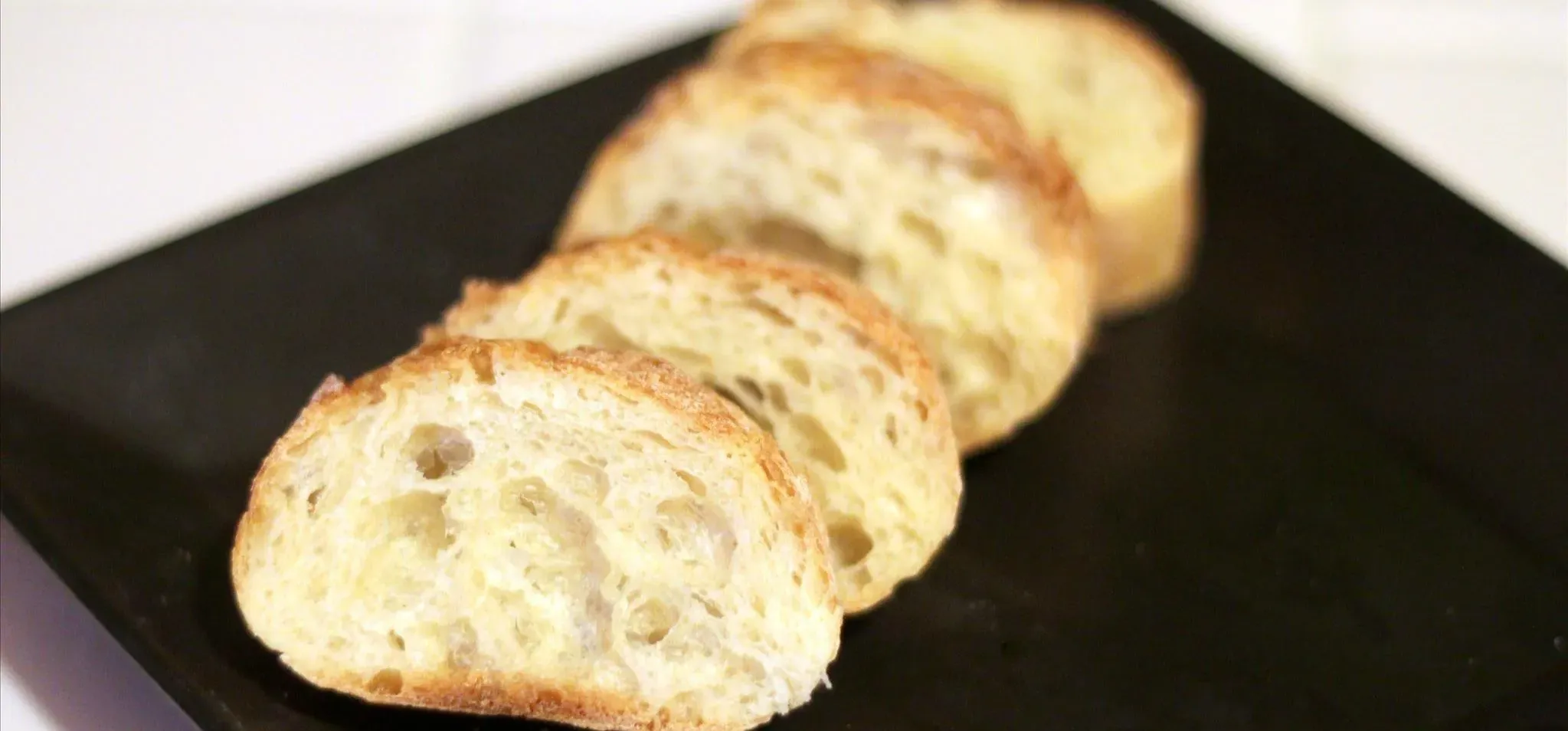



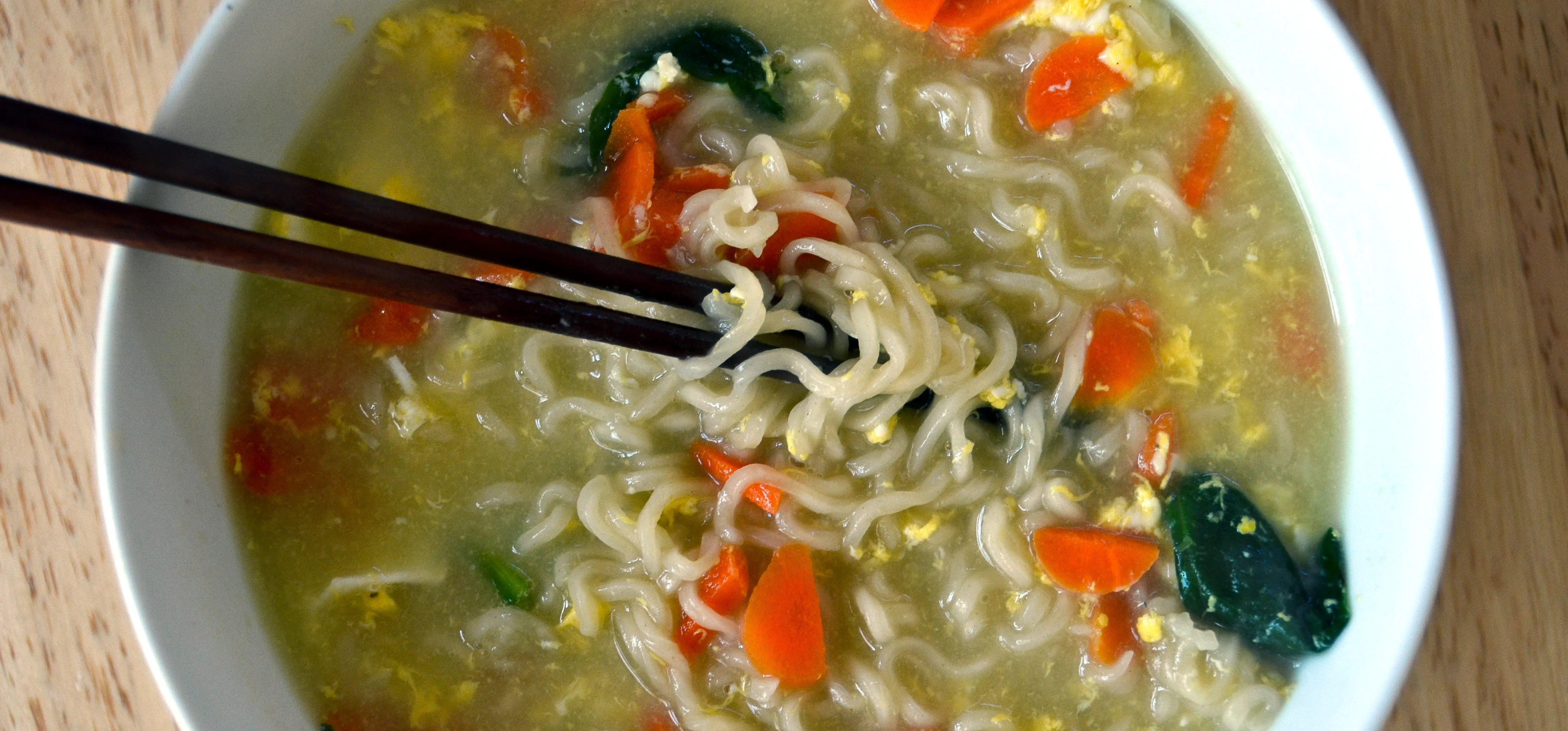



Comments
Be the first, drop a comment!